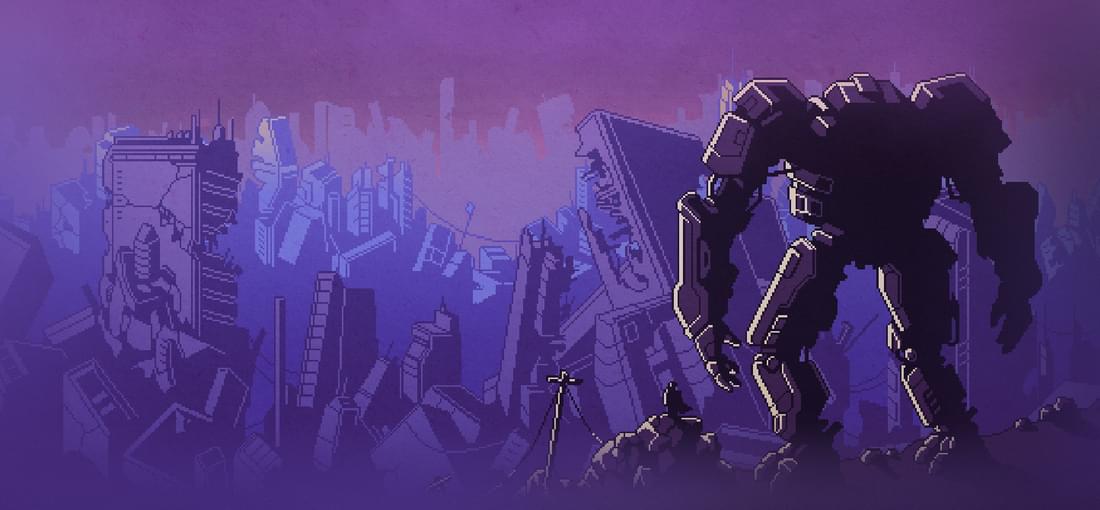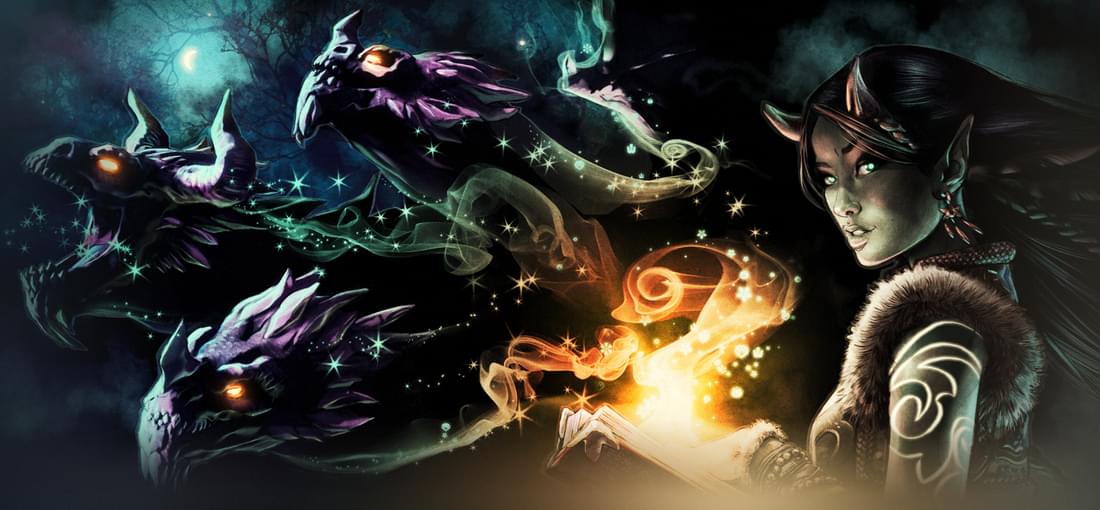


I'm normally a big fan of strategy and tactics games, and I know ITB is a critical darling, but this game just left me lukewarm. I can appreciate that the devs were aiming for simplistic yet addicting gameplay, but it ended up being a bit *too* simplistic for my tastes. The gameplay loop consists of playing through essentially the same maps over and over again; although the maps are procedurally generated, there just isn't enough variety in them to make up for the tedious feeling that you're going through the same motions on repeat. If you compare this to other tactics games like X-Com or Heroes of Might & Magic, there's enough variety in their maps that playing through them is always exciting and novel. But because Into the Breach is so short, you'll have figured the game out ~2 hours into it, and from then on, it's just a matter of executing the same basic strategy with only slight variations. Even though you gradually unlock new characters and mechs to play with, they never feel like they change up the gameplay all that much - you'll still be performing more or less the same actions. This is also exacerbated by the fact that much of the game's replayabilty relies on achievement-hunting, which is not something I am personally motivated by. At the same time that the gameplay is monotonous, the maps & enemies are also heavily reliant on RNG, which makes the game quite "swingy" in terms of its difficulty. Depending on what map configuration and enemy placements the RNG spits out, you can quickly find yourself swarmed, with your units out of position and having to skip their actions. That never feels good. All this being said, I could see ITB maybe being fun, if you played intermittently in small doses. But sadly, it's not the type of game I care to spend any meaningful amount of time on.

I saw someone describe the combat in this game as "swing-y", and that's the best word for it. The flow of combat can swing wildly, due to too many combat situations and abilities being based on RNG. Overall, this is a decent game with good production value. But all too often, the swinginess of combat makes it more frustrating than it needs to be. There's a fine line between a game being challenging and being outright unfair, and unfortunately, the game frequently leans towards the latter. Bosses (and a few regular enemies too) often have abilities for which the player's party have no defences or counters against: a lot of these abilities are status effects that essentially put PCs out of commission for a few turns. That's never a fun experience as a player, to not be able to do anything while PCs' turns get skipped over. Whether you find this game enjoyable or not will depend on your patience for dealing with frustration. Personally, I didn't feel the rest of the game was outstanding enough to make up for the annoyances of combat. IMHO there are better dungeon crawlers out there.